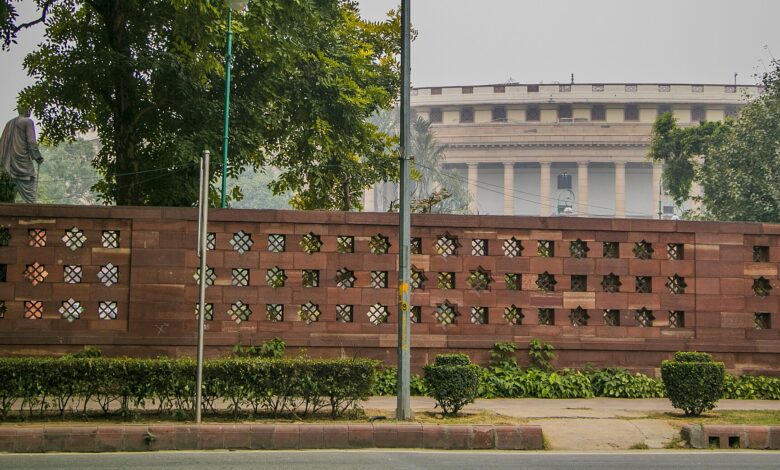India Parliament lower house passes bill to reform telecommunications sector – JURIST

The lower house of India’s Parliament, the Lok Sabha, passed the Telecommunications Bill, 2023. The bill passed on Wednesday through a voice vote after the government hailed the bill as one of the biggest reforms in the sector. Meanwhile, critics of the bill have voiced privacy and freedom of expression concerns due to the bill’s ability to grant the government broad control over telecommunications.
While introducing the bill, Minister for Communications, Electronics & Information Technology Ashwini Vaishnaw claimed that the bill will usher in the biggest reforms in the sector. The bill seeks to eliminate obstacles to the development of telecom infrastructure in the country as well as to simplify and restructure the telecom regulatory and licensing framework. With this bill, the government hopes to bring India’s regulatory structure into the digital age by granting the Centre the authority to create guidelines for telecommunications network security.
At the same time, the bill seeks to replace three existing laws: the Indian Telegraph Act, 1885; the Indian Wireless Telegraphy Act, 1933; and the Telegraph Wires (Unlawful Possession) Act, 1950. These three laws govern telecommunications in India. The new bill aims to amend and consolidate the law relating to the development, expansion and operation of telecommunication services and telecommunication networks. It also seeks to oversee the assignment of spectrum to satellite communications companies through the administrative method.
Among other things, the bill allows the government to temporarily take control of telecom services in the interest of national security. The bill reads:
On the occurrence of any public emergency, including disaster management, or in the interest of public safety, the central government or a state government or any officer specially authorized in this behalf by the central government or a state government, if satisfied that it is necessary or expedient so to do, by notification-take temporary possession of any telecommunication service or telecommunication network from an authorized entity.
Effectively, the bill allows the government to stop the transmission of and intercept messages in cases of public emergency, in the interest of the public, to prevent incitement or to stop the committing of offenses. Additionally, key provisions relating to surveillance and internet suspension have been replicated verbatim from the Telegraph Act of 1885. These provisions have long had a lasting impact on Indians’ digital rights.
A group of international digital privacy groups and experts wrote a joint letter on Friday urgin the government to withdraw the bill, citing privacy concerns. They alleged that there are numerous ways in which the bill violates user rights, many of which are clear violations of the user’s fundamental right to privacy. One such intrusive clause, clause 3(7), requires any organization—as authorized by the Union government—to verify the identity of the person to whom it is providing telecom services by using any verified biometric-based identification “as may be prescribed.” The group warned against provisions like these, saying, “[T]he Bill facilitates incursions on fundamental rights without any reasonable limitations and safeguards, against the principles of necessity and proportionality.”
The first draft of the bill was released in September 2022 and invited public comments. The bill’s introduction followed from the release of the consultation paper on the “Need for a new legal framework governing Telecommunication in India,” which was published on July 23, 2022. The bill will now pass to the Rajya Sabha, India’s upper house of Parliament, for approval.



